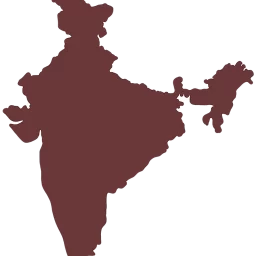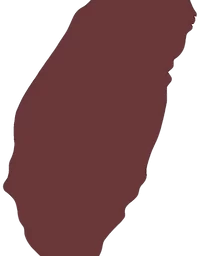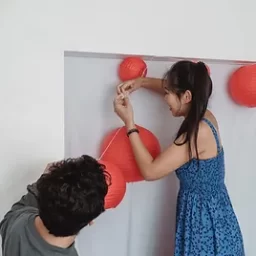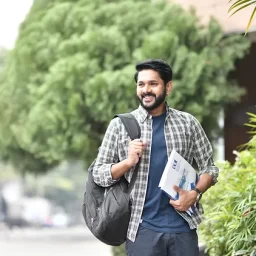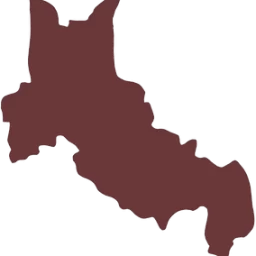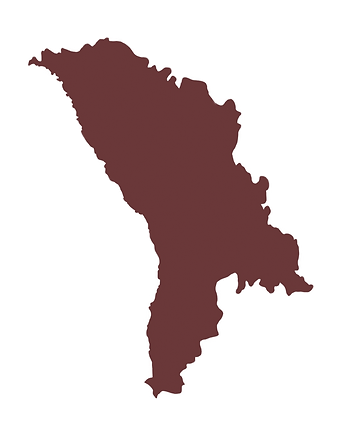
I left my home in Moldova at 18 to pursue an education and a better life. Three years ago, I moved from my temporary home in Romania to Canada to start my second master’s degree. My husband and I had decided to move to Canada, and in order to get a visa one of us was required to study here. We decided it would be me. I’ve always wanted to study political science, but in the patriarchal, post-communist society I grew up in, women were discouraged from being involved in politics. This was my opportunity, even though I didn’t think I was good enough to get accepted into the program.
My acceptance came as a surprise, so I didn’t have many expectations. The quality of the education system here has amazed and challenged me to better myself intellectually. The first year was the hardest. I studied every day from 8am to 11pm. I was new to the content and studying in English. Some days, it would take me twice as long as my peers to complete assignments. I learned everything from scratch and burned out quickly. I wanted to quit but kept going knowing that if I did quit, it would not just be me who had to leave but my husband as well. Talking to my peers helped me understand that I wasn’t alone. I’m not the only one who feels like an imposter in grad school. We’re all just ‘faking it until we make it.’ I told myself it would all be okay.

I am slowly adjusting to life here. I can communicate and relate with my peers in my degree program and am slowly making friends. My previous job in customer service might not be related to my degree, but it taught me to always be kind and listen. Even if I’m talking to an undergrad, I like to think there’s something to learn from them. I shouldn’t assume I’m smarter. Using this mindset, I can relate to others and know that people are going through their own issues behind the scenes, just like me. The desire to quit, while not gone, is certainly less frequent. I’ve enjoyed my learning and the sheer amount of new information. While I can’t vouch for how useful any of that information is, I can certainly say it has made me happy. If I left, I would carry all I’ve learned with me.

In Canada, I do not have to struggle to be accepted as a woman studying politics and am free to pursue the career that makes me happy rather than whatever makes me the money. I also appreciate the safety and equality I have living in Canada. I’m not harassed or catcalled simply for being a woman, as is often the case in Eastern Europe. While Moldova and Romania have certainly changed since my mother’s youth, the old values hold strong in many ways, and I do not want to struggle for my rights in a patriarchal society.
Looking back, I don’t know if I would do things differently despite the hardships. I’ve learned a lot about myself in this journey. Pushing through the struggles of immigrating showed me how strong I can be. Although Canada does not feel like home to me, neither does my birthplace. I miss holidays back home and the traditions of my religion and country, but I have also made new ones here with my husband. When I return, I know I no longer fit the mold of my life. My family and the world have moved on without me in the years I’ve been gone. I don’t know what the future holds, but I hope to complete my education here and continue my search for a sense of belonging and friendship.
Please note that certain facts have been altered for anonymity
This story is a collaborative effort between Sophia Vitter and Rebecca Ciobanu.



